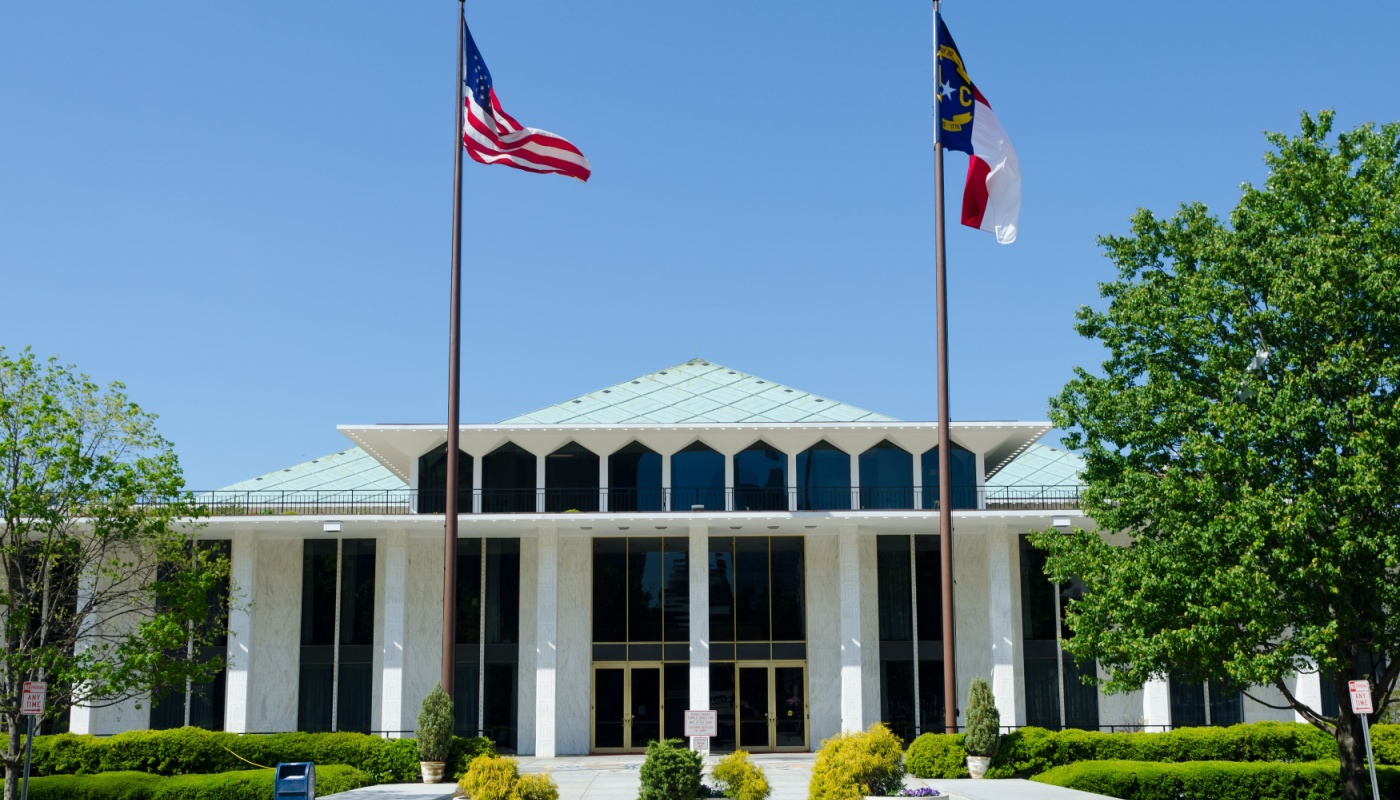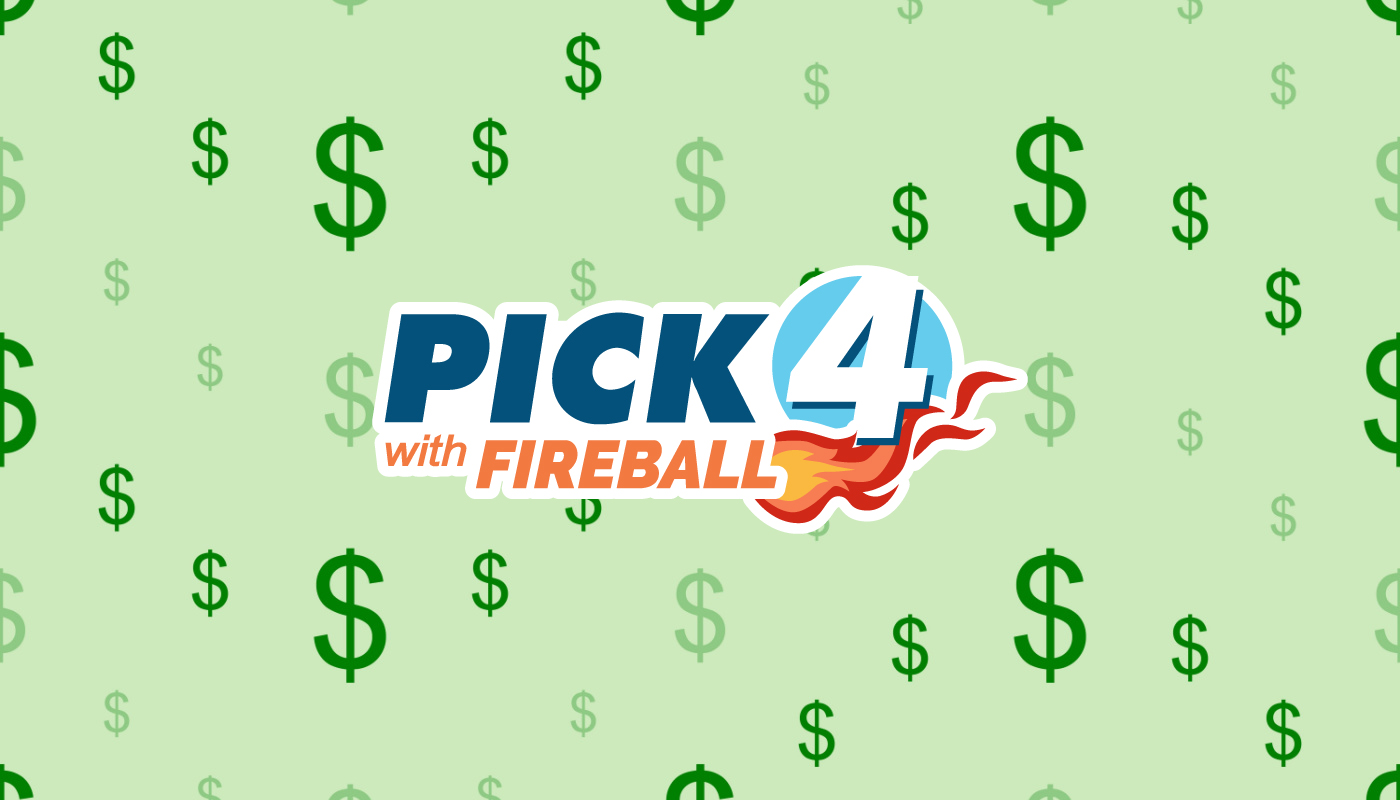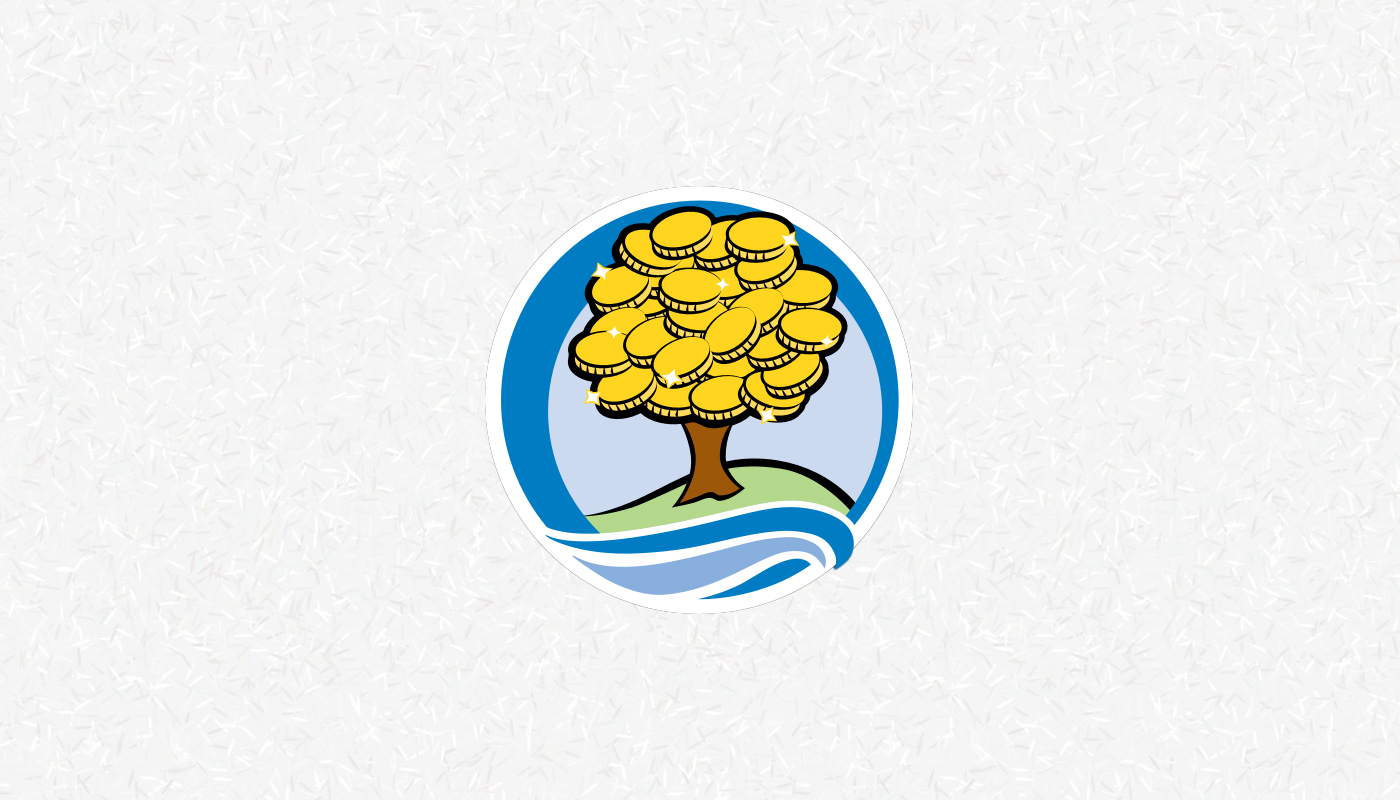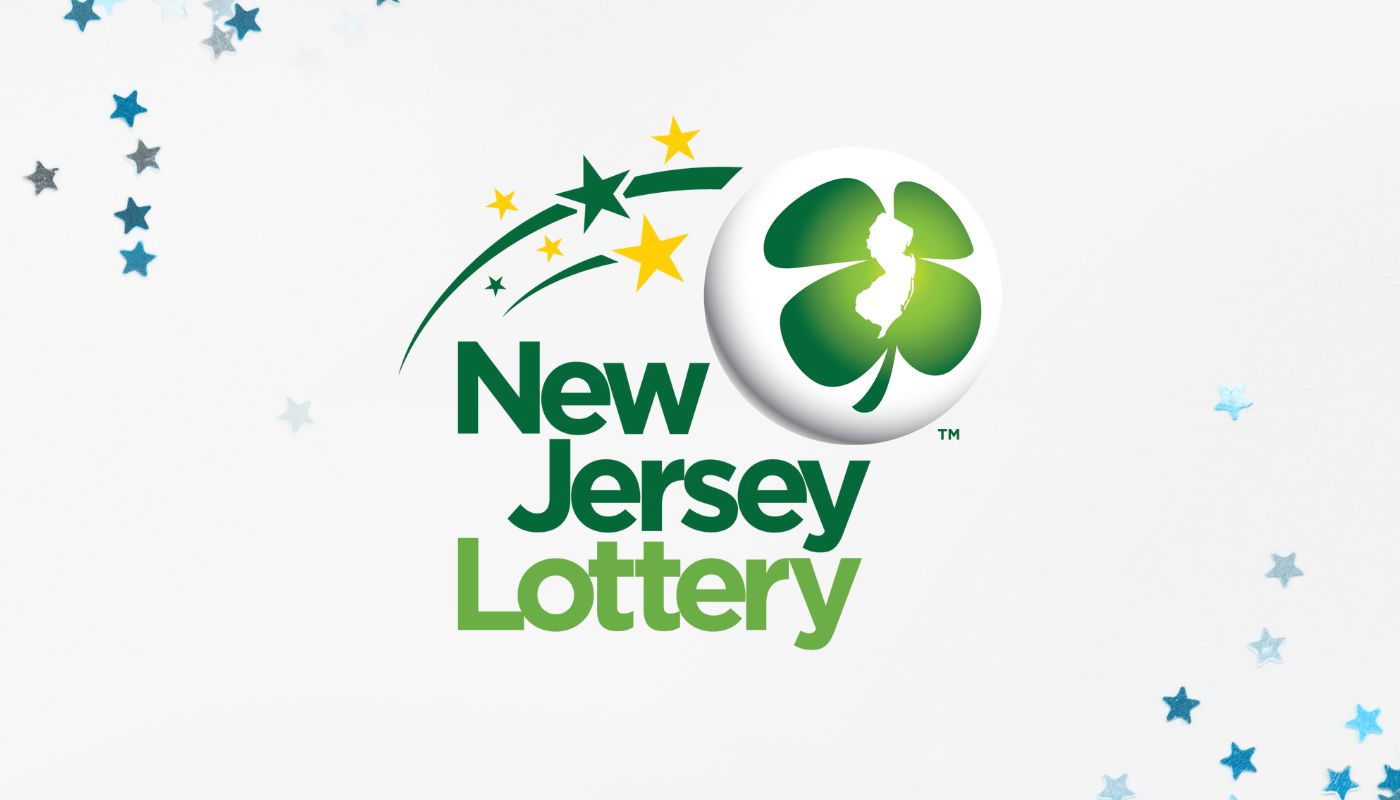
News writer
Under current laws, lottery winners in North Carolina must reveal their identities to the public unless they win less than $600 or more than $50 million.
However, due to the harassment of winners, state officials are arguing in favor of lowering that upper threshold.
The Senate and the House are putting forth two separate bills with two different proposals to remedy the issue, reported WRAL.
The Senate Bill
A Senate committee meeting last week approved Senate Bill 402. The bill, introduced in March, originally mandated anonymity for anyone who won $1 million and up in the lottery.
During the hearing on Wednesday, however, Sen. Ralph Hise, the bill's sponsor, ratcheted the threshold up to $5 million. He said this change was at the North Carolina Lottery Commission's request, as the commission often uses personalized stories of winners to advertise real-life wins.
Hise said he was inspired to sponsor this bill after he had a conversation with a $5 million scratch-off winner, according to WRAL. This winner told Hise they'd been harassed by salespeople showing up at their door with investment opportunities.
The House Bill
The North Carolina State House bill mandates that any lottery winner of any amount can remain anonymous.
Both bills will be reviewed by each legislative body, but only one will ultimately be ratified. Both actions are slated to become effective in July this year.
In either case, all winners will still have to divulge their information to tax authorities.
If they prefer, any winner can consent to their information being released to the public.
North Carolina lottery wins
In 2024, four players won $5 million or more, while 75 players won $1 million or more, WRAL reported. All of them had to go public with their information, including their full names, city of residence, the game and date they played, and how much they won.
Proceeds from lottery wins in North Carolina benefit the state's public education system.
Anonymity in other states
Anonymity is a hot-button issue across the U.S. As the Internet makes it easier to find, scam, and harass people, winners are clamoring for anonymity.
In one 2022 case, a lottery winner named Lerynnee West of Iowa found that scammers had learned about her win and started impersonating her online, offering to give her money away, according to WGAL.
Wins are also getting much larger, attracting more attention. The Powerball jackpot reaching over $1 billion four times in the last three years, and the Mega Millions jackpot hitting that number seven times total, including three times in the past two years.
Anonymity laws differ widely across the country. Other states are reassessing their anonymity clauses, including Virginia, where the legislature voted unanimously in March to lower the state's anonymity allowance from $10 million wins to $1 million wins.
While supporters of anonymity tout security, opponents say that the advertising is critical for state lotteries and the services they fund, and that anonymity could breed corruption and mistrust in lottery games.















Comments